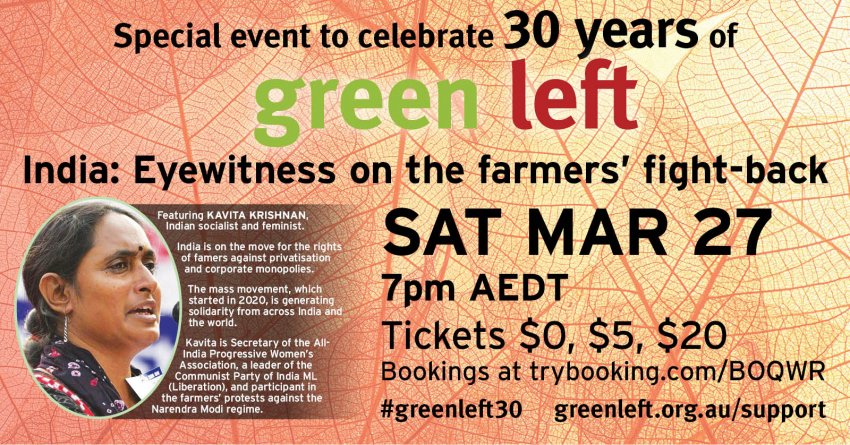
Supporters of Ben Jago rallied outside the Hobart Magistrates Court on March 19 vowing to continue the campaign for next-of-kin recognition for same-sex couples.
Despite a five-year relationship, Jago was not recognised as next of kin when partner Nathan Lunson died in 2015 as their relationship was not registered with the Office of Births, Deaths and Marriages.
Jago was unable to see Lunson’s body and was initially barred from his funeral. He assumed he would be recognised as his partner’s next of kin, but Tasmania Police and the coroner awarded next-of-kin status to Lunson’s family.
Equality Tasmania spokesperson Rodney Croome told Green Left that Jago’s case is not unique.
“Sadly, other LGBTI partners have faced the same disregard for their next-of-kin rights by the Tasmanian Coroner. One such case resulted in an anti-discrimination order telling the Coroner’s Office to change its policies and get educated about the law. But the Coroner ignored that order, as Ben’s case shows.”
The Coroners Act 1995 states that senior next of kin is determined by the following order: current spouse, son or daughter who is at least 18 years of age, a person in a caring relationship, parent, brother or sister who is at least 18 years of age, executor of the will and personal representative.
“I feel like five and a half years of my life have not been recognised by anyone,” Jago said outside the court. “Our relationship apparently meant nothing to anybody except us, so it was very painful.”
Croome, who was at the court to show his support said: “We are calling on the Premier to apologise to Ben, to redress the trauma he has faced and to amend legislation so the Coroner never again discriminates against anyone.”
The Supreme Court upheld an earlier Anti-Discrimination Tribunal’s decision that Jago could not contest the Coronial Court’s ruling that denied them next-of-kin status.
As the Hobart Community Legal Service’s Ben Bartl told the ABC in 2018: “This wouldn’t have happened to a heterosexual couple. If the police or the coroner’s office were asked to attend a scene where someone had committed suicide, the general presumption would be that two adults living in a property are probably in a significant relationship.”
Attorney-General Elise Archer said she was seeking further information on the decision, offered her condolences, but did not give an apology.
As Croome said: “The problem here is not administrative error or incompetence. It is systemic anti-LGBTI prejudice. The government must address this if LGBTI Tasmanians are to have any faith in our legal system.”
